The International Olympic Committee Set to Continue Kowtowing to Russia with Another Misleading Ban
Yesterday in Mumbai, the International Olympic Committee (IOC) announced that the Russian Olympic Committee (ROC) would be immediately banned for breaching the Olympic Charter due to violating the territorial integrity of the NOC of Ukraine. This ban is both deceptive and ineffectual, as the sole punitive measure that could truly bridle Russia, its ongoing aggression and its broader geopolitical strategies remains to be ‘decided’ – whether Russian and Belarusian athletes will compete at the Paris 2024 Olympic Games. However, the IOC has already made clear, through its statements and actions, that a decision has already been contrived to welcome these athletes to Paris.
If the IOC follows through, it will be another devastating blow to human rights, to the national sovereignty of Ukraine, and to the accountability of Russian and Belarusian war crimes. The decision will also be another indication of the IOC’s misplaced allegiances, highlighting that those who wield power inside the IOC are subservient to Russia. While athletes worldwide, along with numerous governments, have consistently demanded that the outright ban on Russian and Belarusian athletes remain in place until Russia fully withdraws from Ukraine, the IOC is instead set to bow to Russian demands – leaving athletes and activists with the responsibility to counter Putin’s use of sport in his propaganda machine.
Under the leadership of President Thomas Bach, the IOC has consistently presented a misleading image of its efforts to enforce accountability on Russia. Yesterday’s suspension of the ROC follows a pattern of past ‘sanctions’ that have falsely conveyed to the public that adequate actions are being taken. The suspension of the ROC guilefully provides a façade under which the IOC can welcome Russian and Belarusian athletes, masked as neutrals, all the while maintaining a delicate balance with the influential Russian entities that hold sway over Bach and the organization.
The conditions for such a move are already at play - the recommendations outlined by the IOC which gave International Federations the green light to welcome Russian and Belarusian athletes to compete in international events are likely to be the same criteria for participation at the Paris 2024 Olympic Games. While these conditions are meant to curb Russia’s ability to use sport to advance its geopolitical agenda, they do not achieve this goal. They are unworkable and ineffective, but they do show that the IOC itself understands the power Putin will gain from the success of Russian athletes:
Condition 1: “Teams of athletes with a Russian or Belarusian passport cannot be considered.”
This condition highlights that the IOC understands that a Russian team is a tool of Putin’s propaganda machine. Yet, an individual athlete or “team” of individual Russian athletes will be utilised in the same way—regardless of any “neutral” status or the removal of flags, anthems, colours, and country identifications.
Condition 2: “Athletes who are contracted to the Russian or Belarusian military or national security agencies cannot compete.”
This condition envisions a fantasy world in which a master list of every member of the Russian and Belarusian armed forces is available for all to see. The Russian sporting agencies, as extensions of the Russian State, are expert at “complying” with such quasi-legal rules while manipulating them to serve their own interests. Promulgating such a rule simply gives the Russian government a roadmap for how to make all Russian athletes eligible to compete.
Condition 3: “Athletes who actively support the war cannot compete.”
This condition is neither workable nor effective. First, it is impossible to identify which athletes actively support the war – any athlete who wishes to compete will simply stay silent in public. Due to the sheer number of athletes, it would be nearly impossible for sporting organizations to identify all athletes who have supported the war in the past. More importantly, even if the IOC could ensure that no athlete on the Russian team supports the war, the Russian team itself can still be used in war propaganda. Athletes do not have control over how their success is portrayed to the public.
Condition 4: “Athletes with a Russian or Belarusian passport must compete only as Individual Neutral Athletes.”
The IOC continues to claim that there is such a thing as a neutral athlete at the Olympic Games, an event where every athlete is defined as a representative of a country. In four consecutive Games, we have seen a “neutral” Russian team wholly identified with the Russian State, which in turn was used to advance its interests.
If the IOC follows through and reinstates Russian and Belarusian athletes for Paris 2024, the Games will not be a demonstration of the world’s ability to come together amidst division. Rather, it will be a platform for Putin to celebrate his war and advance his agenda.
The IOC may continue to favour the man responsible for destroying Ukraine, but we stand united with our Ukrainian athletes and the belief that collective athlete power and allyship can still influence history, as it did before the commencement of the Beijing 2022 Paralympic Games. There, an athlete uprising forced sport administrators to ban Russian and Belarusian athletes from the Games. The same can be true again.
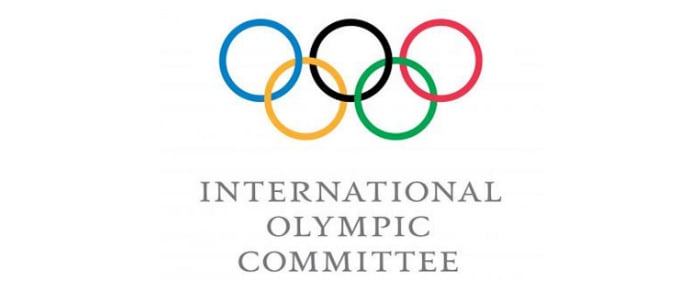

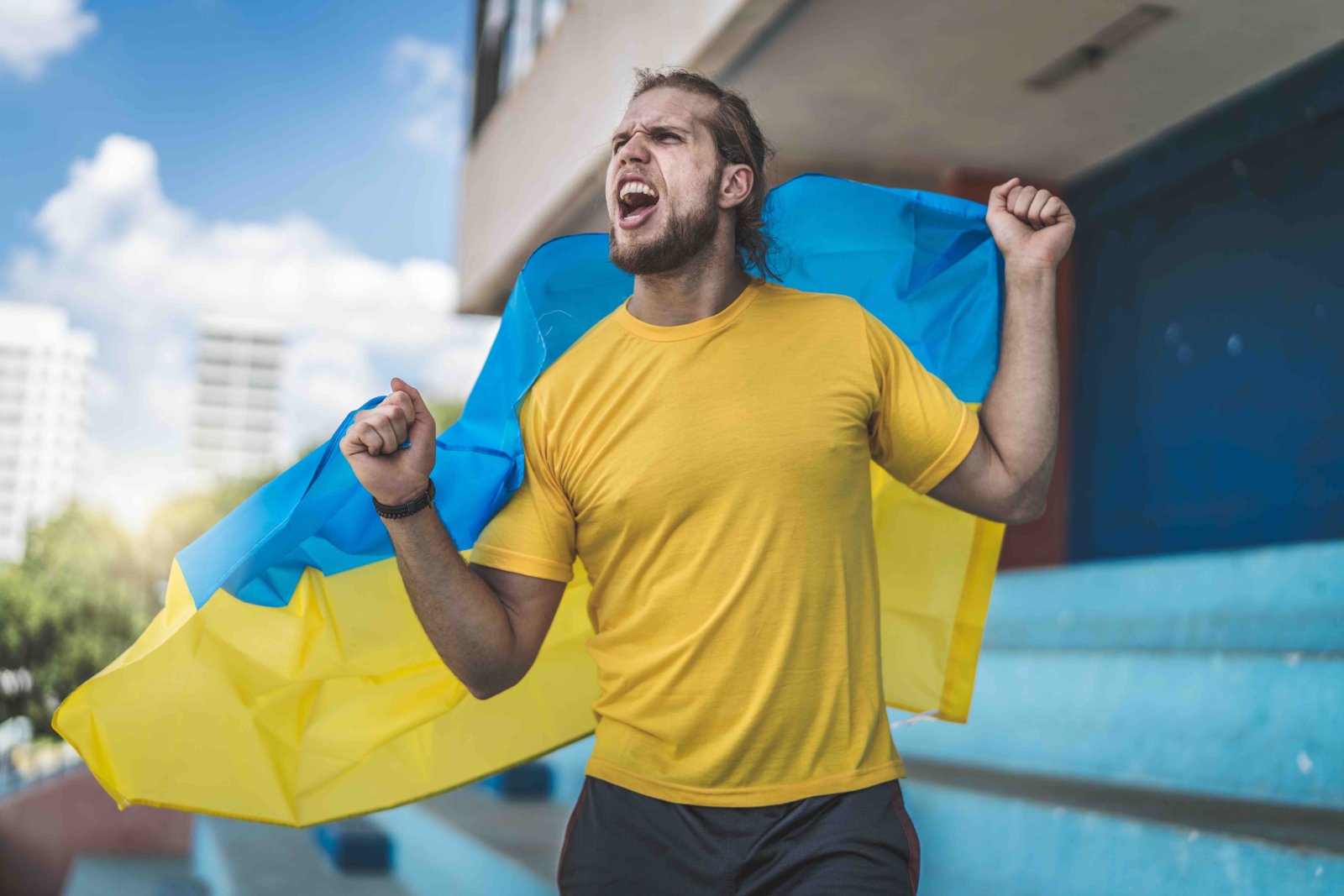
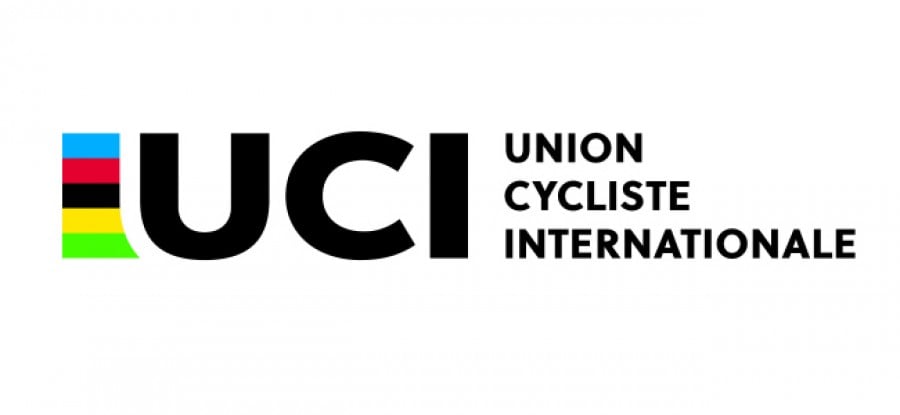

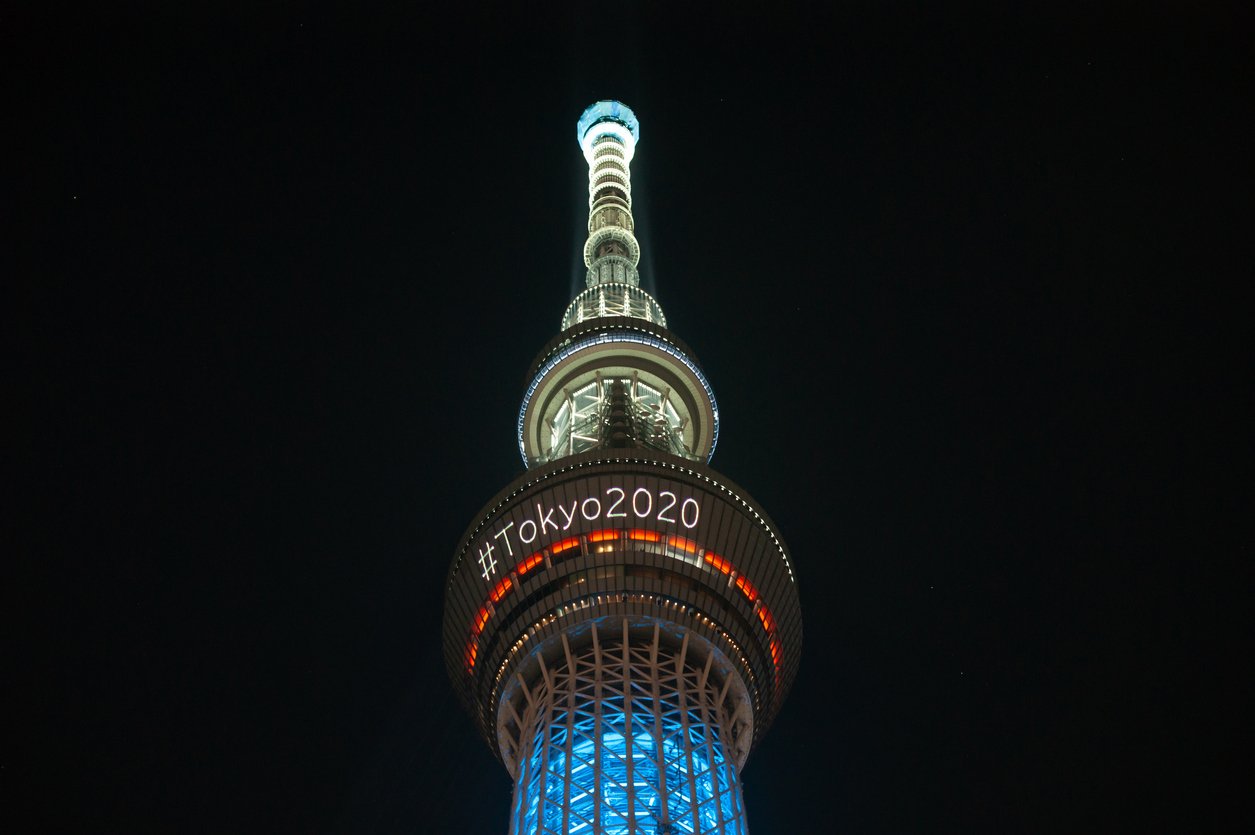
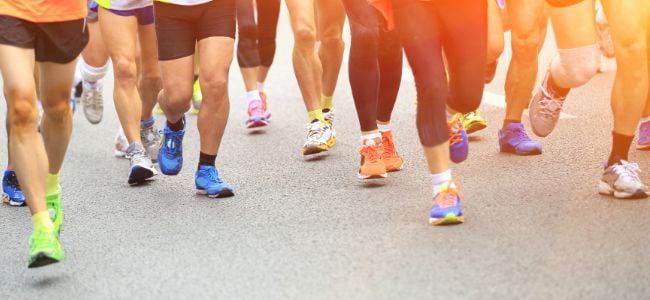
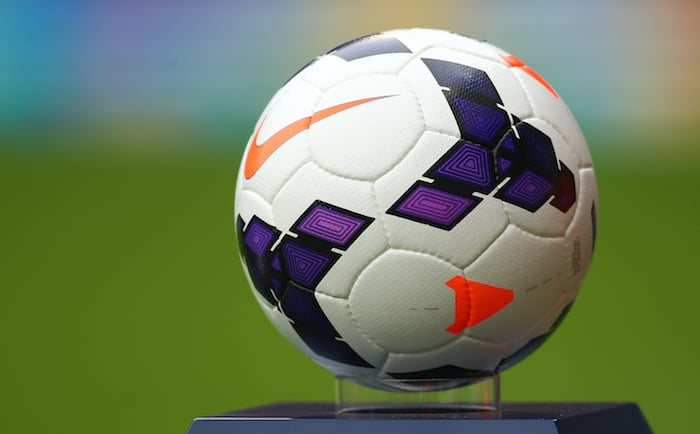
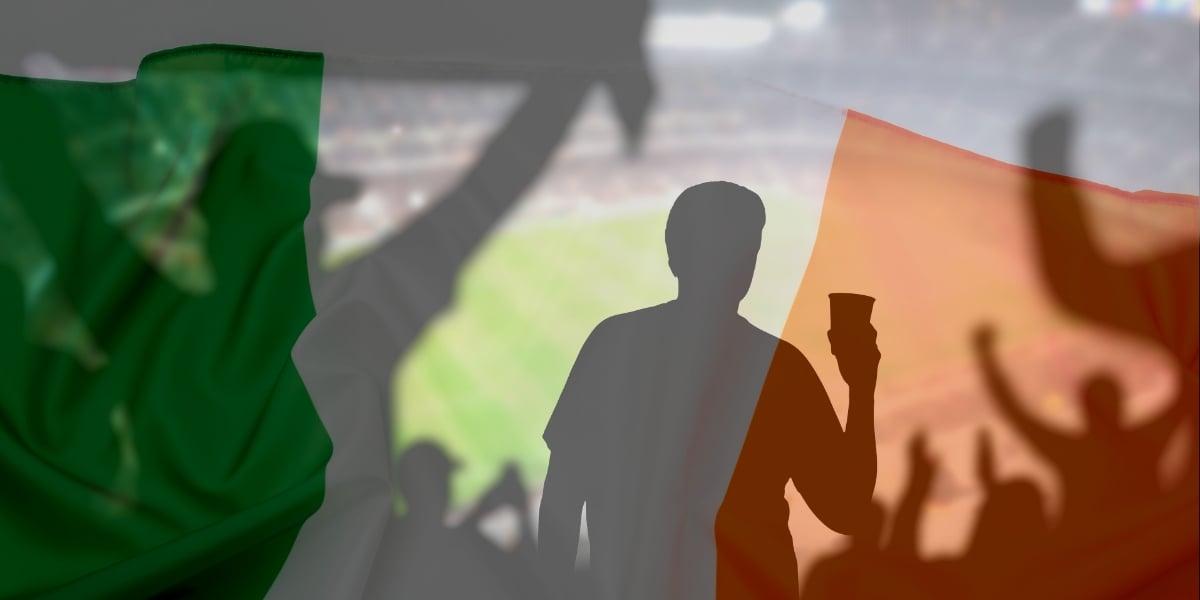
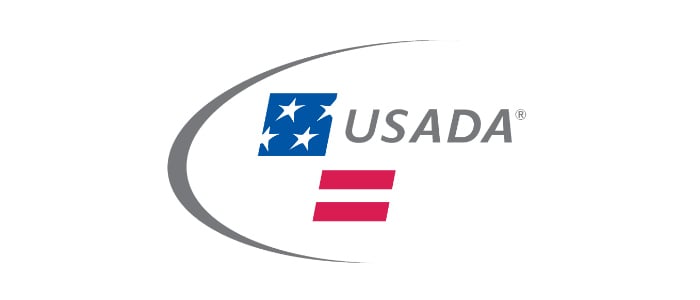
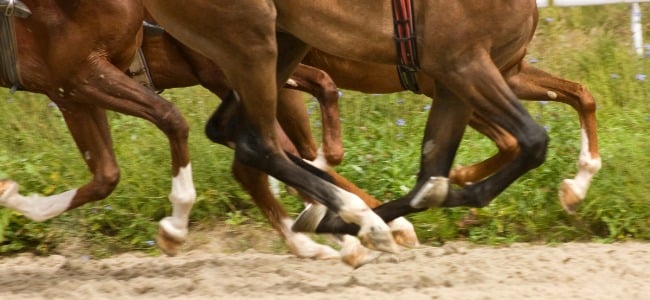
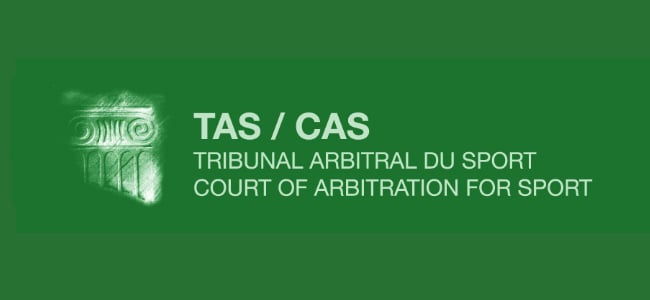
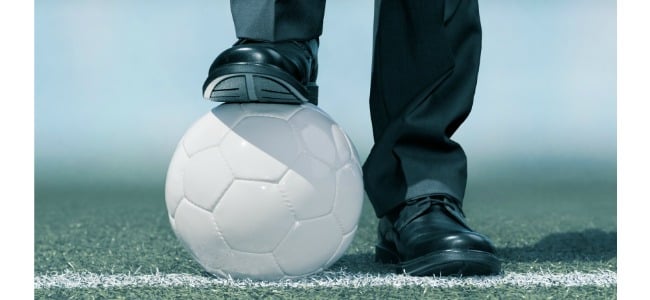

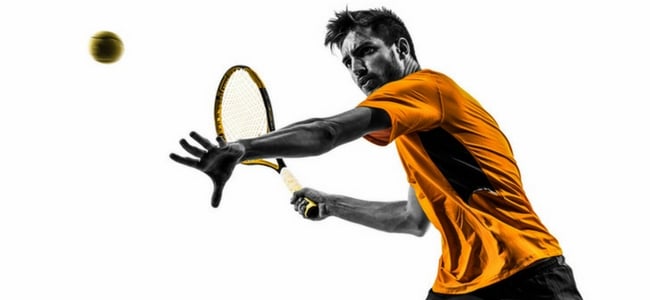
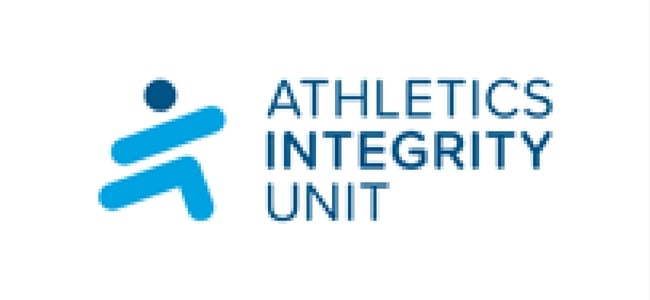
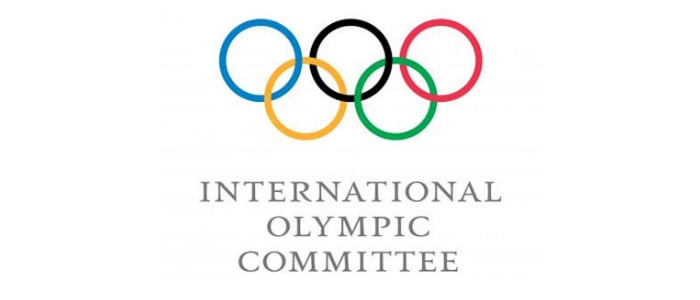


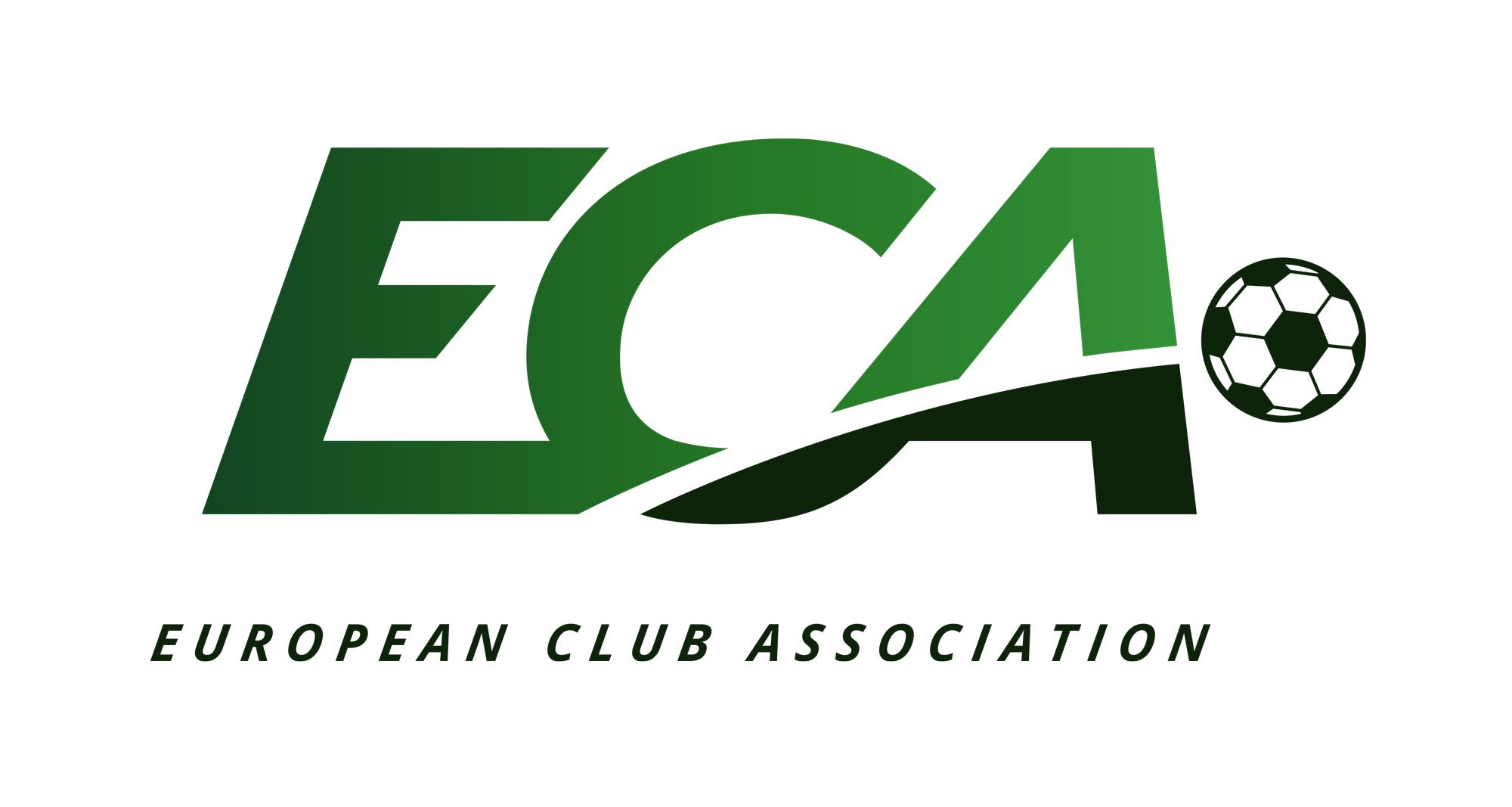
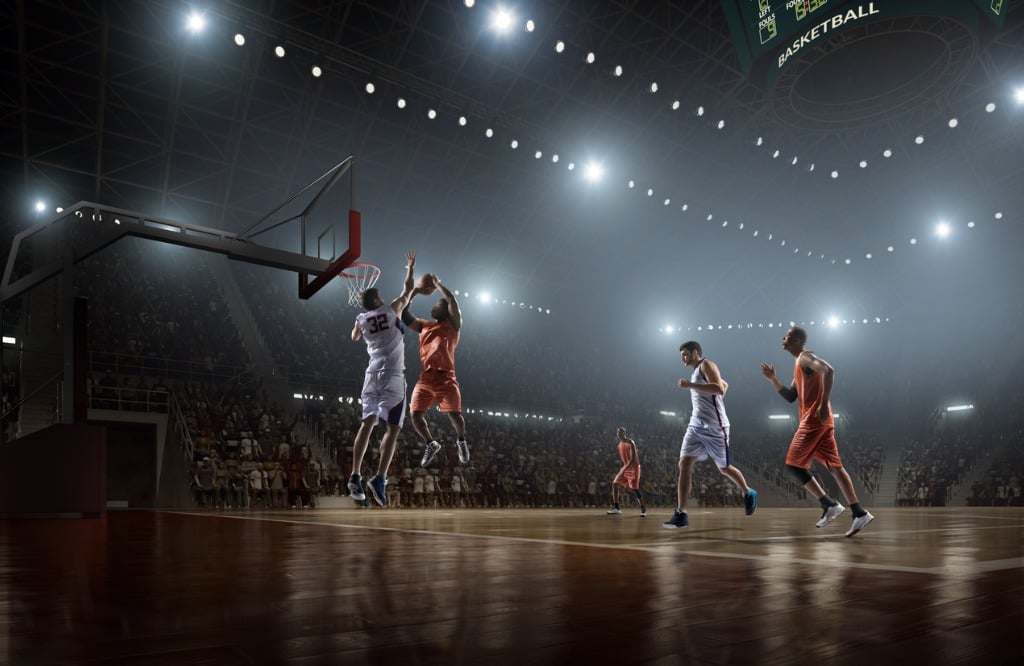
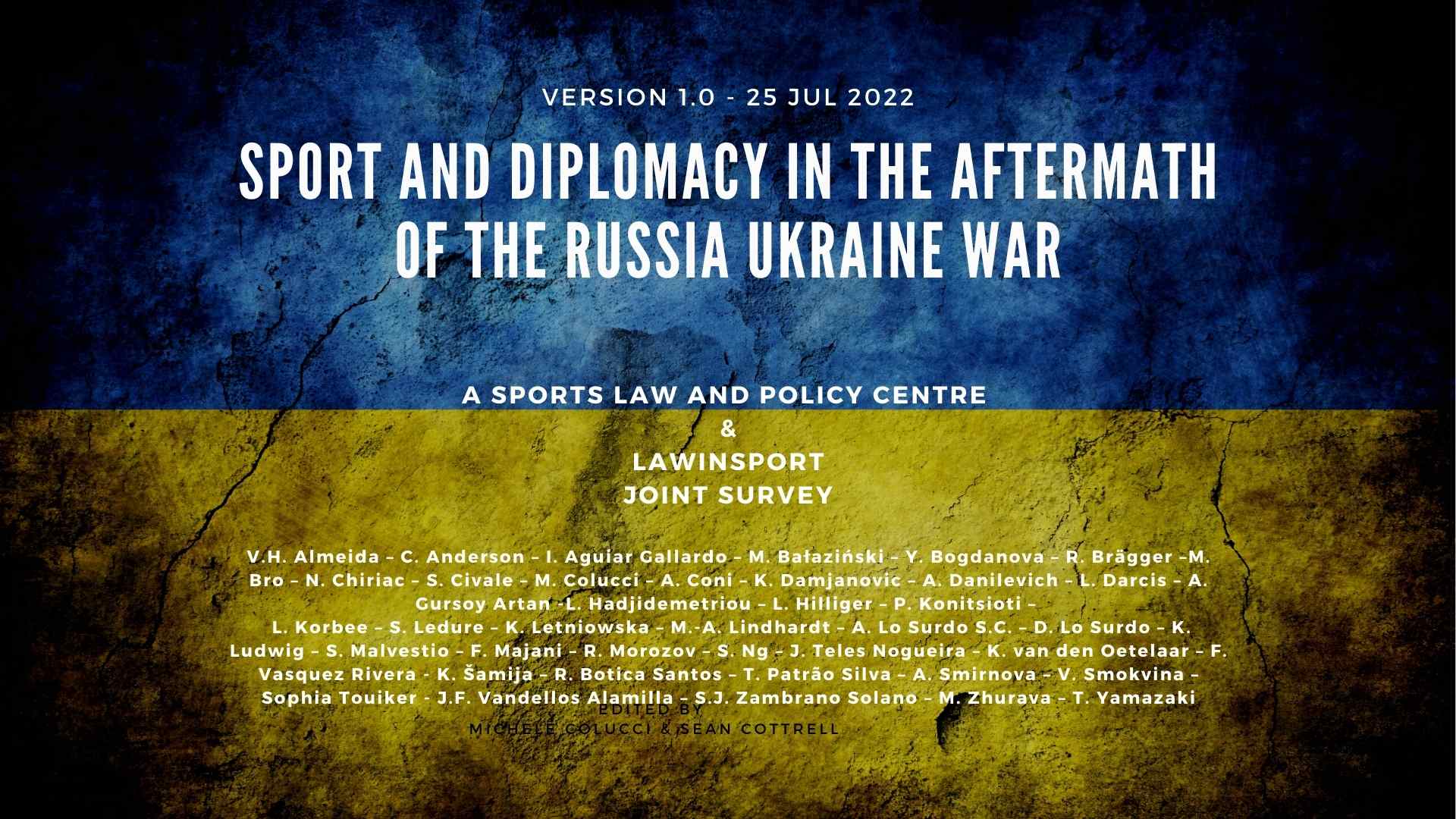
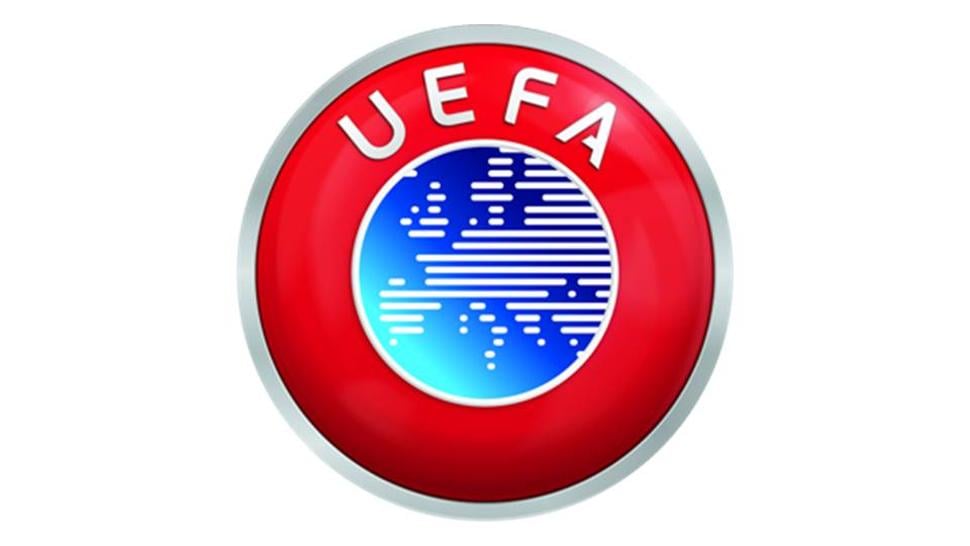
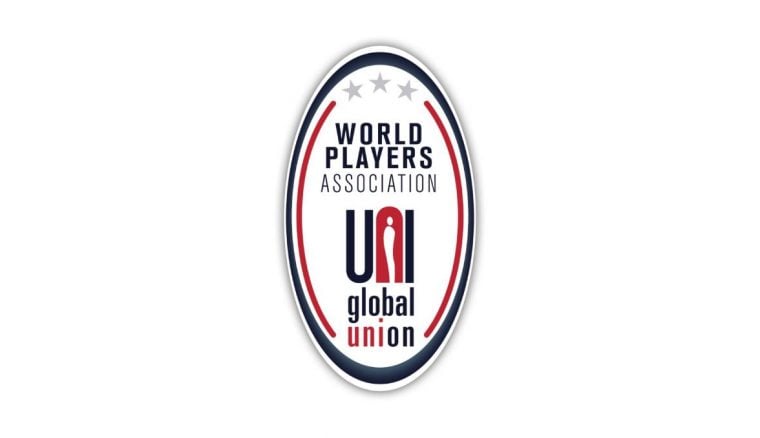
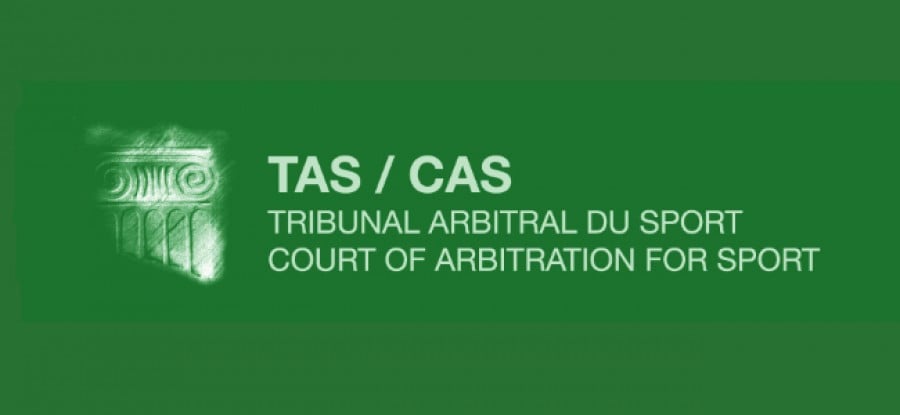
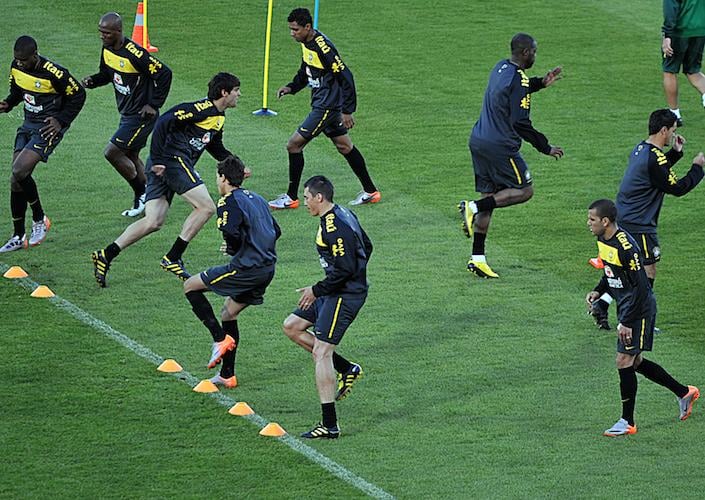
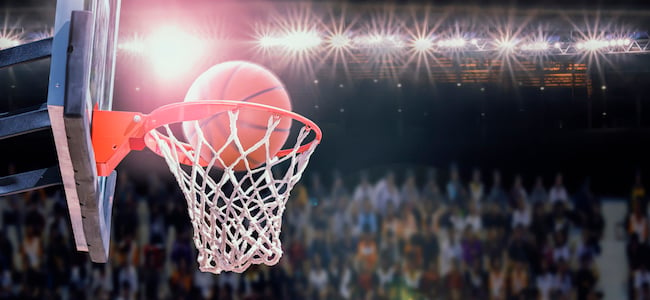
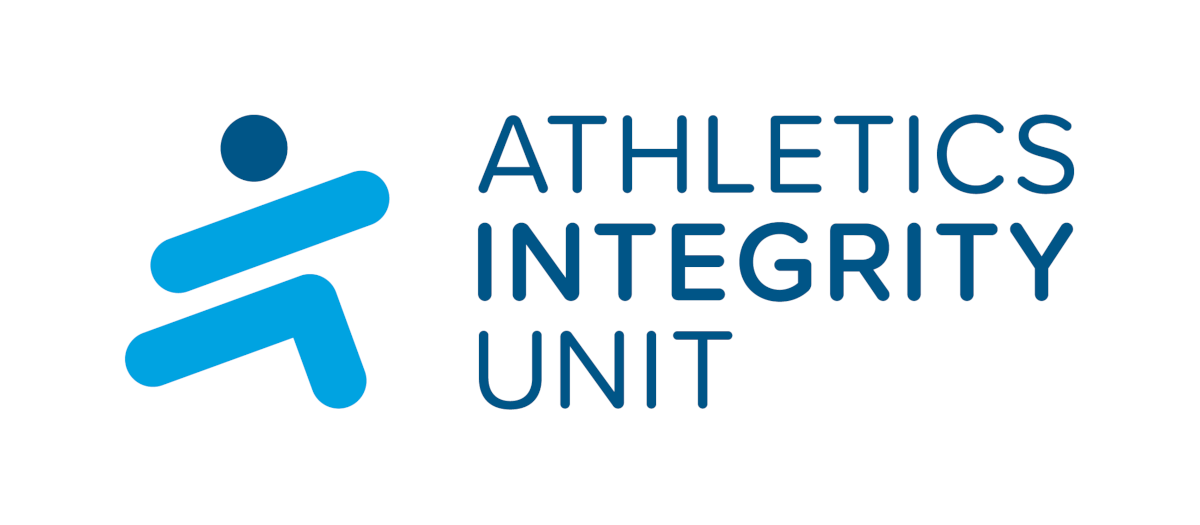
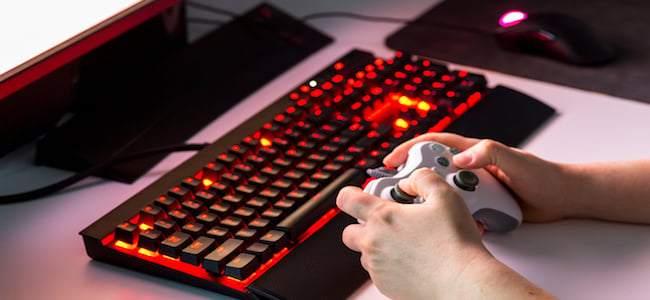

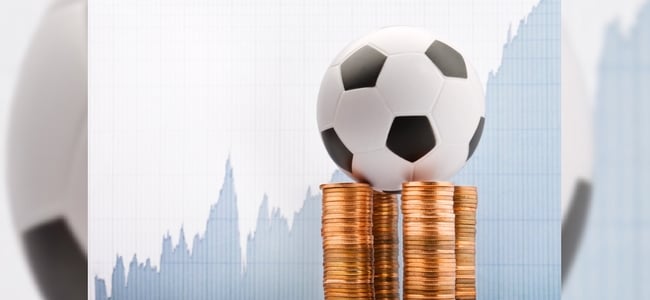
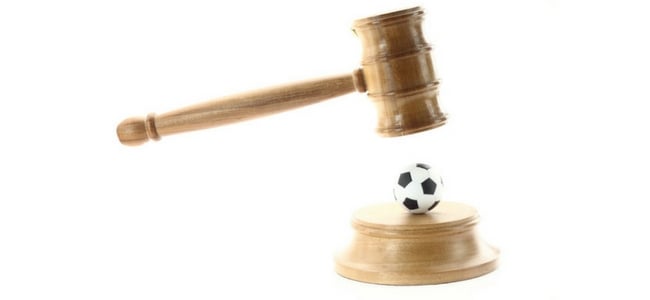

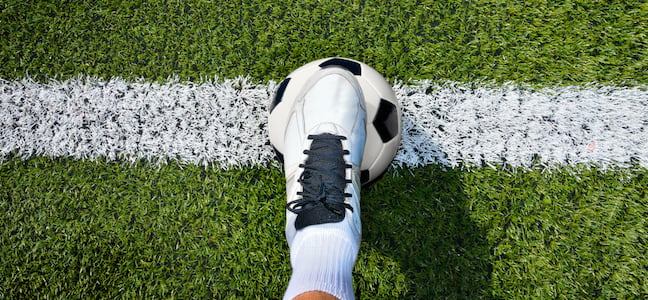
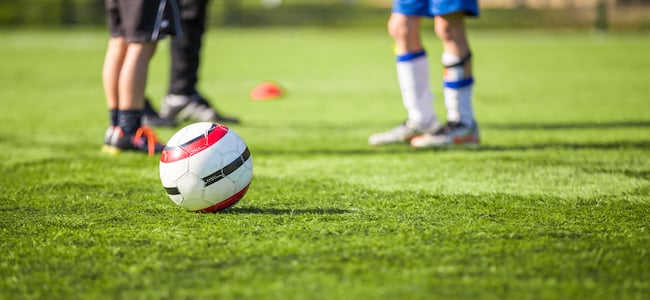

 Global Summit 2024
Global Summit 2024